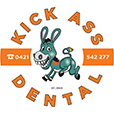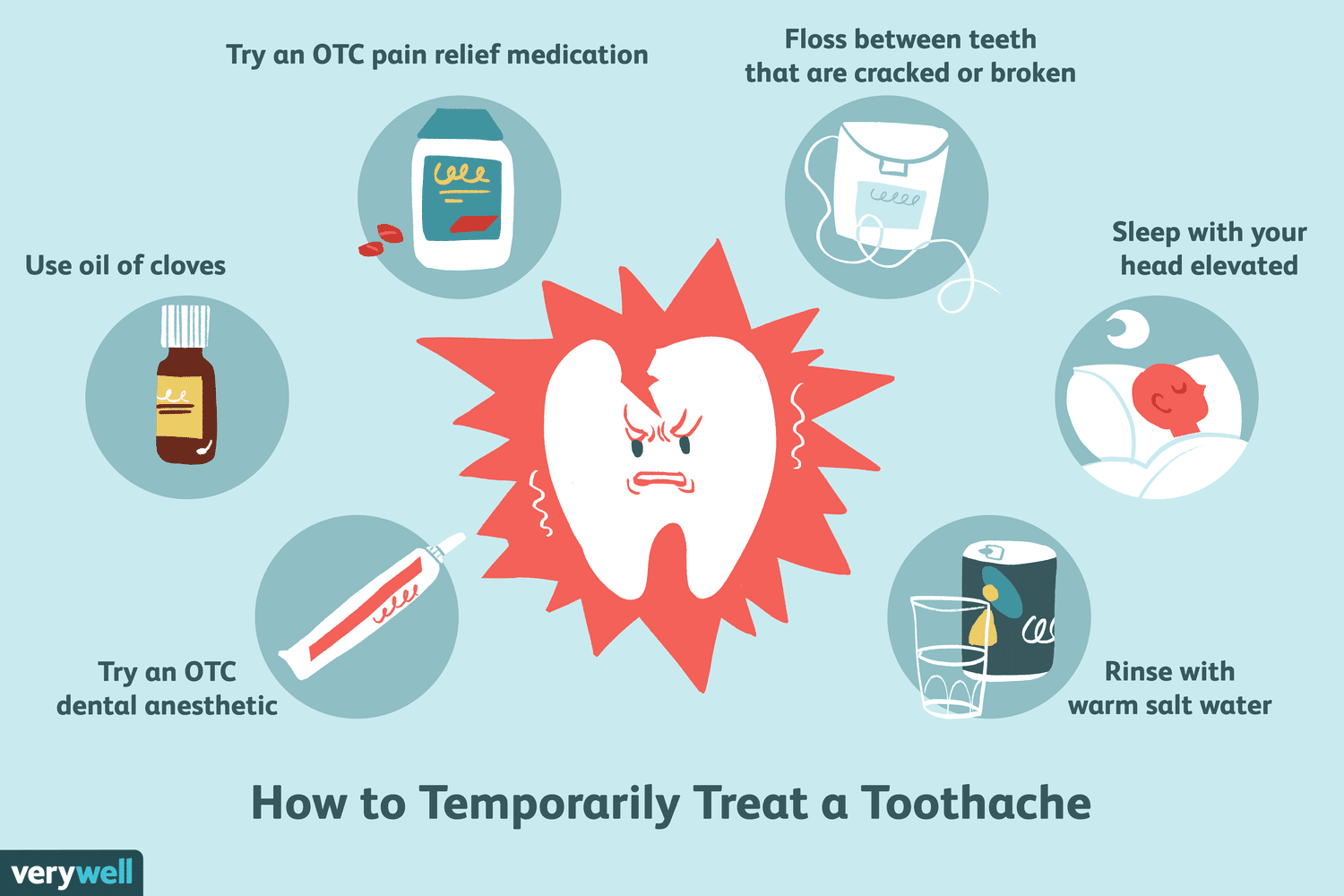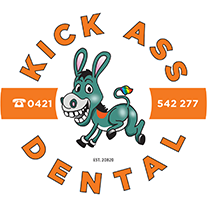How to Alleviate Tooth Pain: Effective Home Remedies and Tips
Introduction
Tooth pain can be incredibly uncomfortable and disruptive to our daily lives. Whether it’s a sharp, stabbing pain or a dull, persistent ache, finding relief becomes a top priority. There are various reasons why tooth pain may occur, such as cavities, gum disease, dental abscesses, or even teeth grinding. While it’s essential to visit a dentist to identify the underlying cause of the pain, there are several home remedies and tips that can help provide temporary relief. In this article, we will explore some effective ways to make tooth pain go away at home.
1. Rinse with Saltwater
Why Saltwater Rinse?
One of the easiest and most effective ways to reduce tooth pain is by rinsing your mouth with warm saltwater. Saltwater works as a natural antiseptic, reducing inflammation and killing bacteria that may be causing the pain.
How to Do It
Dissolve half a teaspoon of salt in eight ounces of warm water. Take a sip, swish it around your mouth for about 30 seconds, and then spit it out. Repeat this process a few times a day, especially after meals or before bedtime.
2. Apply a Cold Compress
Why Cold Compress?
Applying a cold compress to the affected area can help numb the pain and reduce swelling. It constricts blood vessels, which can provide relief from throbbing toothaches.
How to Do It
Wrap a few ice cubes in a thin cloth and apply it to the outside of your cheek near the painful tooth. Hold it there for 15 minutes and then remove it for another 15 minutes. Repeat this process as needed throughout the day.
3. Over-the-Counter Pain Relievers
Why Over-the-Counter Pain Relievers?
Over-the-counter pain relievers, such as ibuprofen or acetaminophen, can help reduce tooth pain and inflammation. They are easily accessible and can be effective in providing temporary relief until you can see a dentist.
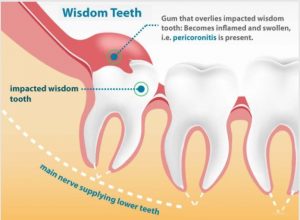
How to Use Them Safely
Follow the instructions on the label and avoid exceeding the recommended dosage. If you have any medical conditions or are taking other medications, consult your doctor or pharmacist before using these pain relievers.
4. Clove Oil for Topical Relief
Why Clove Oil?
Clove oil contains a natural anesthetic called eugenol, which can help numb the pain and reduce inflammation. It has been used for centuries as a remedy for toothaches.
How to Apply It
Dilute a few drops of clove oil with a carrier oil, such as olive oil or coconut oil, to avoid irritation. Then, soak a cotton ball in the diluted clove oil and apply it to the affected area for a few minutes. Alternatively, you can also find over-the-counter clove oil gels or ointments.
5. Avoid Trigger Foods and Beverages
Why Avoid Trigger Foods?
Certain foods and beverages can worsen tooth sensitivity and pain, especially if you have dental issues like cavities or gum disease. Avoiding these triggers can help provide some relief. https://kickassdental.com.au/dentist-in-croydon/
Foods and Beverages to Avoid
Limit your consumption of acidic foods and drinks, such as citrus fruits, tomatoes, carbonated beverages, and sugary snacks. Additionally, avoid extremely hot or cold foods as they can exacerbate sensitivity.
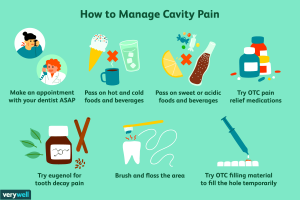
6. Maintain Proper Oral Hygiene
Why Good Oral Hygiene Matters?
Practicing good oral hygiene is essential for preventing and managing tooth pain. Keeping your teeth and gums clean can help avoid dental issues that lead to pain and discomfort.
Oral Hygiene Tips
Brush your teeth twice a day with a fluoride toothpaste, floss daily to remove plaque between teeth, and use an antiseptic mouthwash to reduce bacteria in your mouth. Regular dental check-ups are also crucial to detect and address dental problems early on.
Conclusion
While these home remedies can provide temporary relief from tooth pain, it’s essential to remember that they are not permanent solutions. Tooth pain can be a sign of underlying dental issues that require professional attention. If your tooth pain persists or worsens, make sure to schedule an appointment with your dentist promptly. Taking care of your oral health and seeking professional dental care when needed will help ensure a pain-free and healthy smile for years to come.
